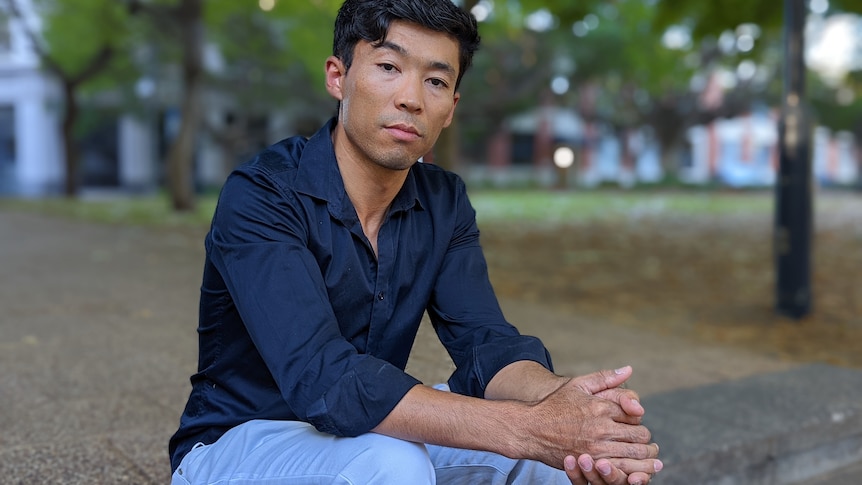Since coming to Australia from Afghanistan via Iran, she has learned to speak English, finished high school and paid her way through a TAFE course to be a legal secretary.
Now she helps to support her family, for whom language has been a barrier to employment, and saves to pay for her next unit at university.
Ms Rohani has a temporary safe haven enterprise visa (SHEV) but is not eligible for a HECS-HELP loan to pay for her classes.
Classified as a foreign student, she also pays up to three times as much as other local students for her education, she cannot get a bank loan, and some employers won't accept her resume when she looks for work.
She said the financial challenges she now faced made her life difficult, but it was more than that.
"Obviously, that permanency of status, maybe it's not a big thing for [those who have it]," she said.
"For us, it's like a dream. It's like something that's impossible. And it can obviously change a lot — like our entire life."
'Legacy caseload'
Ms Rohani is part of a group of refugees known among lawyers as the "legacy caseload", people who arrived by sea before 2014, when the federal government started using border protection to turn back boats before they got to Australia.


deleted by creator